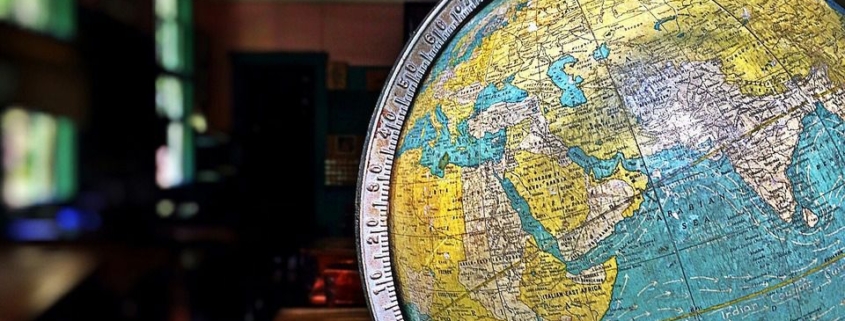Designated Safe Countries & The Accelerated Procedure
What is a ‘designated safe country’?
The notion of a ‘safe country of origin’, as described in the recast Asylum Procedures Directive is based on the presumption that certain countries can be designated, under specific circumstances, as generally safe for their nationals, or stateless persons, who were formerly habitual residents in that country. Ireland codified this concept of safe country of origin by section 72 of the International Protection Act 2015. Section 72(2) provides that the Minister may designate a country as safe only if he or she is satisfied that, on the basis of the legal situation, the application of the law within a democratic system, and the general political circumstances, it can be shown that there is generally and consistently no persecution, no torture or inhuman or degrading treatment or punishment and no threat by reason of indiscriminate violence in situations of international or internal armed conflict.
Which countries are designated safe countries at the moment?
S.I No 121/2018- International Protection Act 2015 (Safe Countries of Origin) Order 2018 outlines a list of designated safe countries;
- Bosnia & Herzegovina,
- Macedonia,
- Georgia,
- Kosovo,
- Montenegro,
- Albania,
- Serbia,
- Republic of South Africa.
On 31st January 2024, the Minister for Justice added Botswana and Algeria to this list of designated safe countries of origin. This designation is not retrospective meaning applicants from Botswana and Algeria who applied for protection before 31st January 2024 will not be subject to the accelerated procedure.
What does it mean for international protection applicants from a designated safe country?
These applicants are processed by way of an accelerated procedure. This is an expedited process that aims to grant a person from a designated safe country of origin a decision on their international protection case within 90 days of their application. These applicants have the added burden of showing there are serious grounds for considering the country not to be a safe country of origin in his or her particular circumstances.
An applicant who is refused at first instance by the International Protection Office has a right of appeal to the International Protection Appeals Tribunal. The timeframe in which to submit an appeal is shortened to 10 working days from the date of the decision. An applicant’s appeal will be decided without an oral hearing unless the Tribunal believes that it is in the interests of justice to hold an oral hearing. The applicant is required to set out in the notice of appeal reasons why it is in the interest of justice to allow for an oral hearing.
What do we see as the challenges of the accelerated procedure?
Given the expedited nature of the procedure applicants often do not have sufficient time to gain legal representation, medical reports or supporting documents from their home country. Given the designation that their country is safe it is of paramount importance that documentary evidence is obtained to rebut the presumption that they do not need protection.
The safe country of origin list continues to be applied in practice, namely in response to a significant increase in the number of applicants to Ireland from those countries. There is no appeal against a designation that a person comes from a designated safe country of origin.
The Minister for Justice in making such a designation shall review the designation on a regular basis. S72(4) of the International Protection Act 2015 gives the Minister wide discretion as to the sources of information used to make the designation. As the designation and review process is not widely published applicants are not fully aware of the information used by the Minister in making a designation limiting their ability to rebut the presumption that their home country is safe.



